Tehran, Iran – Heightened tensions in the Middle East have led Iran’s most senior Shia cleric, Grand Ayatollah Naser Makarem Shirazi, to issue a religious decree (fatwa) declaring former US President Donald Trump and Israeli Prime Minister Benjamin Netanyahu as “enemies of God.”
In the statement reported by Iran’s Mehr News Agency, Makarem urged Muslims worldwide to stand united against the two leaders, calling them mohareb — a term in Islamic law that describes those who wage war against God. Under Iranian law, individuals deemed mohareb can face severe punishments, such as execution, crucifixion, or exile.
“Anyone who threatens the Leader or Marja is regarded as a warlord and a mohareb,” Makarem said.
He further declared that it is forbidden (haram) for Muslims or Islamic countries to cooperate with such enemies and insisted that “all Muslims must act so these enemies come to regret their words and actions.”
The fatwa comes shortly after a violent 12-day confrontation that began on June 13, when Israel bombed sites in Iran, reportedly targeting figures linked to its nuclear program. Iran retaliated by firing ballistic missiles at Israeli cities. The conflict escalated when US forces joined Israeli strikes on Iranian nuclear facilities, leading Iran to attack an American base in Qatar.
What is a Fatwa?
A fatwa is a formal religious opinion issued by a senior Shia cleric (Marja) interpreting Islamic law. While not always a call to violence, it can compel Muslims and Islamic governments to act.
This is not the first instance of Iranian clerics using a fatwa to call for harm. One of the most well-known was the 1989 decree issued by Ayatollah Ruhollah Khomeini demanding the death of author Salman Rushdie for his book The Satanic Verses. That ruling triggered international violence, including the murder of Rushdie’s Japanese translator and attacks on publishers. Rushdie faced several assassination attempts over the years, including a 2023 stabbing in New York that left him blind in one eye.
This latest fatwa illustrates how Iran’s highest religious authorities continue to wield their influence over political conflicts and can use religious rulings to rally followers far beyond Iran’s borders.


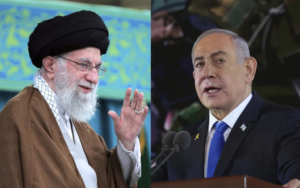



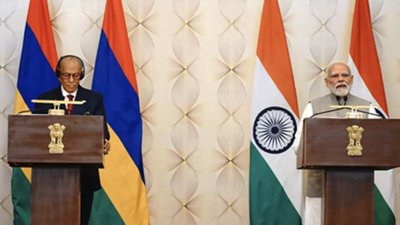

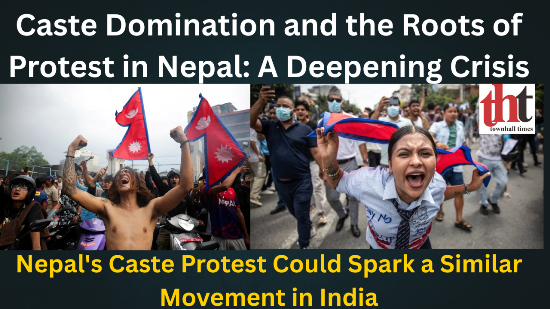

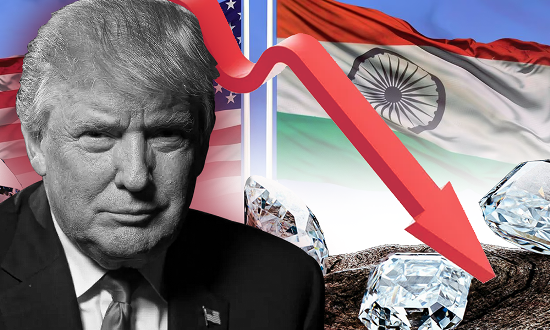
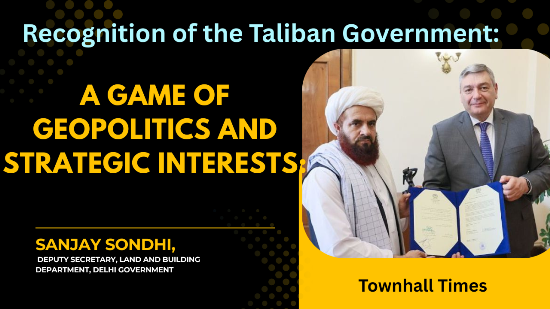
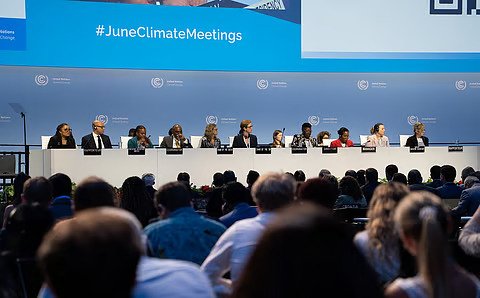
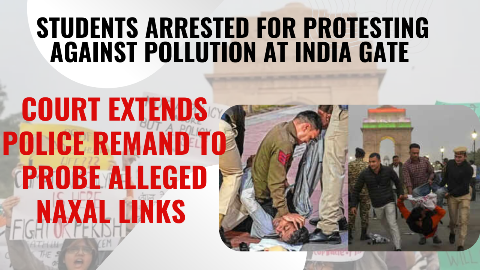

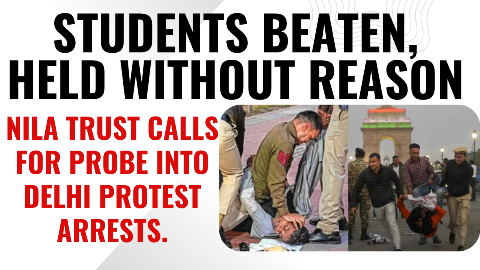

Leave a Reply